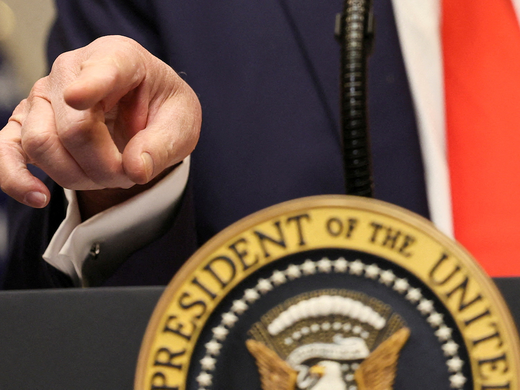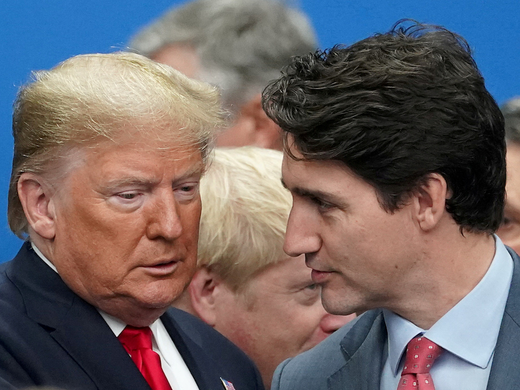Neither the trade regime nor the climate regime has so far displayed any willingness to confront the coming clash between climate ambitions and trade rules. To minimize the economic and political risks of such a collision, the members of the World Trade Organization (WTO) should adopt a WTO climate waiver. To further carbon pricing and to facilitate the necessary green transition in the global economy, the core of a WTO climate waiver should be a waiver from the applicable trade rules for national measures that: discriminate on the basis of carbon and other greenhouse gases used or emitted in making a product; fit the definition of a climate response measure as defined by the United Nations Framework Convention on Climate Change; and do not discriminate in a manner that constitutes a means of arbitrary or unjustifiable discrimination or a disguised restriction on international trade. A WTO climate waiver should also include support for trade restrictions by carbon markets and climate clubs, trade disciplines on fossil fuel subsidies, and green subsidies that support innovative outcomes rather than particular technologies. Along with a climate waiver, WTO members should also confirm that carbon taxes qualify as border tax adjustments under trade rules.
The adoption of a WTO climate waiver is a central and critical part of the overall reimagining of international trade law that is needed to fulfill the stated WTO goal of engaging in trade and other economic endeavours consistently with the objectives of sustainable development.


